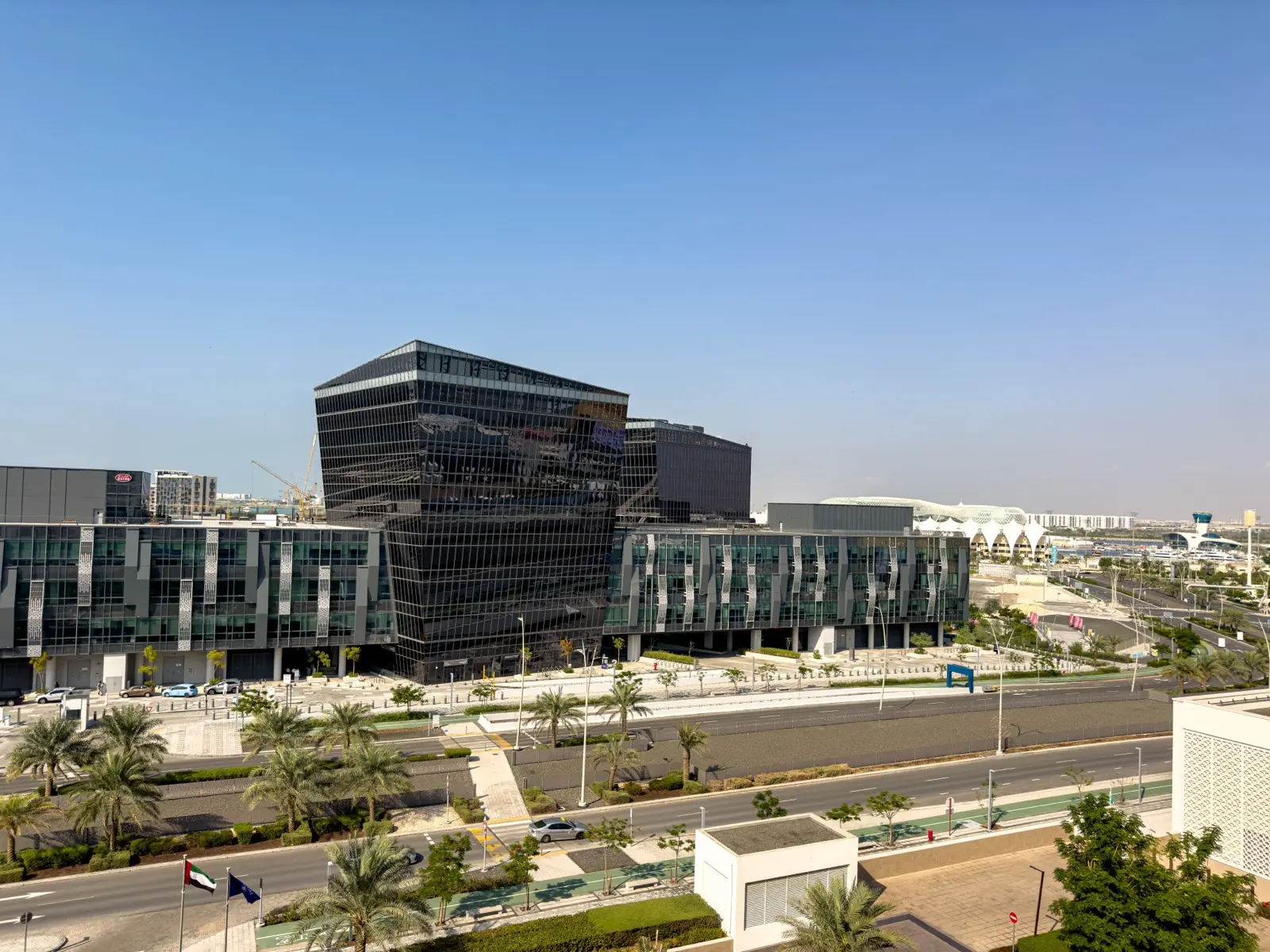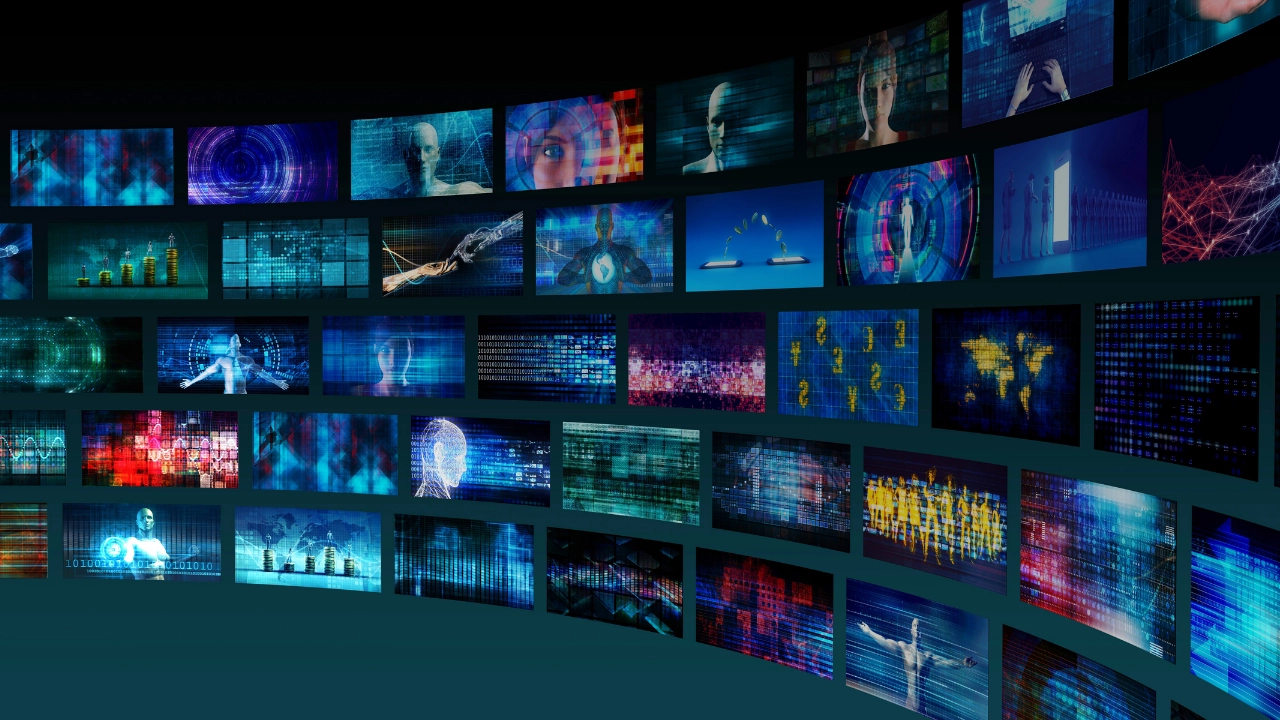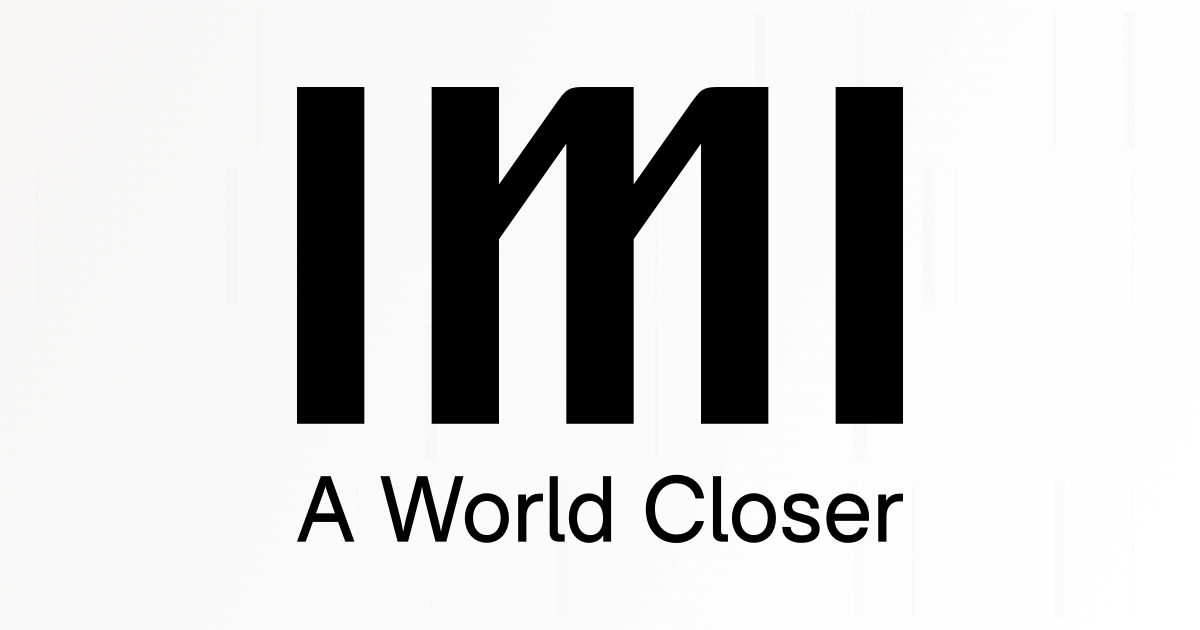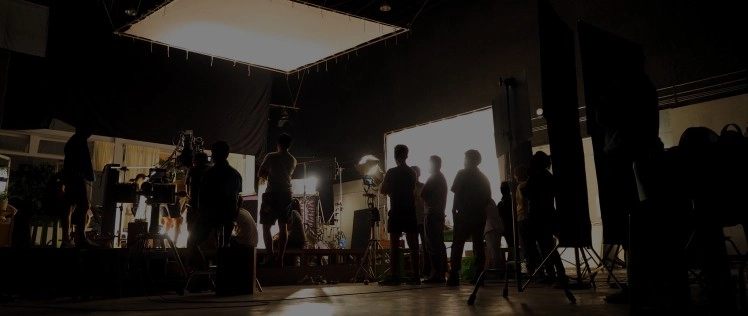
How AI is revolutionising the media and entertainment industry

The media and entertainment landscape has changed radically since the 1990s, undergoing its third major wave of disruption. New on the scene was the internet, then digital streaming changed distribution formats, and now artificial intelligence is transforming every aspect of how content is created, distributed, and experienced. This technological development has not merely introduced new tools but has basically reshaped business models and creative processes across the global entertainment scene. Access to business set-up services and freelance business set-up services has become vital for content producers and media entrepreneurs navigating this changing ecosystem since it provides the operational frameworks to turn creative ideas into profitable businesses.
The economic impact of AI on the media and entertainment industry
You just need to look at the numbers to realise how AI’s growing influence is impacting. The worldwide market for AI in the media and entertainment industry was valued at approximately USD 14.81 billion in 2022 and is projected to expand at a compound annual growth rate (CAGR) of 26% from 2023 to 2030 (DataForest). This astounding expansion demonstrates the extent to which AI has permeated the sector, tackling issues such as content saturation and shifting consumer demands.
In an oversaturated market, today’s media corporations compete fiercely for audience attention. Audiences want content that not only makes sense but also genuinely connects. Against this background, artificial intelligence provides creative ideas to increase operational effectiveness, raise content discoverability, and provide unique experiences. The demand for high-end production facilities and services has also grown as artificial intelligence-driven production processes enable content creators to include new technologies into their projects, hence optimising costs and schedules.
The role of AI in transforming content creation and production
The effect of artificial intelligence on content generation in media and entertainment has been revolutionary. Artificial intelligence is simplifying processes and releasing fresh creative opportunities from screenplay development to post-production.
Generative artificial intelligence tools are transforming pre-visualisation techniques in visual effects. VFX company ICVR showed at the 2024 Hollywood Innovation and Transformation Summit how artificial intelligence can help line producers 70% of the way from script to pre-visualisation, cutting what usually takes one week to only hours. This substantial increase in productivity lets creative teams in the media industry focus more on honing the finished product than on being engulfed in technical details.
AI-powered solutions like Flawless AI TrueSync, which employs artificial intelligence for flawless dubbing into various languages with natural lip movement and facial expressions, are also helping language barriers crumble. Without sacrificing quality, this technology not only enhances the viewing experience for international viewers but also provides new markets for content creators.
AI is allowing completely new kinds of creative expression, not only accelerating conventional procedures. Visual art generation, scriptwriting, and AI-assisted music composition are giving creators before unheard-of means to improve their work and investigate new creative avenues. Support systems like business support services and the end-to-end services provided by companies like tawasol are becoming indispensable, as artificial intelligence transforms these creative disciplines, since they provide media professionals the administrative, legal, and communication tools they need to sustain and scale their operations.
Personalisation: The new standard for audience engagement
AI’s influence is perhaps most obvious in content customisation. Viewers of today demand experiences catered to their tastes, and AI recommendation engines now form the pillar of this personalisation revolution.
Using advanced artificial intelligence algorithms to examine viewing patterns and preferences, streaming companies like Netflix demonstrate this strategy. These algorithms consider not simply what you view but also the duration of your viewing, and the next thing you view. The result is an extremely tailored content discovery system that keeps viewers interested – and lowers subscription turnover.
But the personalising goes beyond just suggesting what to view next. Now, artificial intelligence systems may examine emotional reactions to content, customise advertising materials depending on audience tastes, and even change storytelling frameworks to fit specific viewing habits. Before artificial intelligence, this degree of personalisation was just inconceivable.
Optimising AI content distribution and management
AI is also changing how material reaches viewers on several platforms and media. AI-powered intelligent content tagging and metadata management solutions help the right content to find the right audience at the right time.
Automated content categorising is made possible by natural language processing and makes vast media libraries readily searchable and discoverable. This not only enhances user experience but also significantly lessens the required labour-intensive management of big content catalogues.
AI-driven analytics give media and entertainment companies priceless insights into content performance on many platforms and viewing trends. These insights maximise audience reach and engagement by helping to optimise scheduling, platform choice, and format decisions.
Creative hubs like Yas Creative Hub offer a dynamic environment where the media and entertainment industry professionals may access modern facilities, industry networking, and customised support services to enhance their content distribution strategies in this changing market.
Revolutionising advertising and revenue models with AI
The capacity of artificial intelligence to provide highly tailored, customised advertising content has totally changed the scene. By means of user data analysis, machine learning techniques guarantee that ads reach the most receptive audiences, greatly enhancing campaign effectiveness and promoting revenue growth.
Now driven by artificial intelligence, programmatic advertising platforms may make real-time bidding decisions, thereby optimising ad placement depending on a range of criteria including viewer demographics, viewing context, and prior performance data. By reducing irrelevant interruptions, this precision targeting not only helps advertisers but also enhances the viewer experience.
AI-powered dynamic pricing models, subscription optimisation, and predictive analytics are helping content creators and distributors maximise IP value beyond traditional advertising.
Bolstering content security and rights management
Intellectual property protection gets harder as digital content becomes more ubiquitous. Now leading front stage in preventing piracy and guaranteeing appropriate rights management over worldwide distribution networks, artificial intelligence technologies offer a vital service.
Advanced algorithms can track distribution routes for possible infringements, spot unapproved content uploads, and detect attempts at sophisticated manipulation. These automated systems operate at a scale and speed not conceivable for human teams working alone.
In the same vein, AI technologies are guiding the media and entertainment industry through the complex terrain of digital rights management, guaranteeing correct licensing and royalty monitoring across multiple territories and platforms. This guarantees that originators get a fair price for their work in addition to safeguarding income streams.
Immersive experiences and beyond in the media industry
Further down the line, the convergence of AI with virtual reality (VR), augmented reality (AR), and mixed reality (MR) holds the promise of creating even more immersive and interactive entertainment experiences. Based on user experiences, AI systems can dynamically modify these immersive settings in real-time to produce extremely adaptable storytelling platforms. By offering a creative infrastructure and a cooperative ecosystem for artificial intelligence-driven content innovation, creative centres like Yas Creative Hub are advancing this evolution.
As deep learning technologies develop, more complex content creation and analysis tools become possible. While computer vision is transforming how visual content is produced, classified, and consumed, natural language processing developments are making voice-activated interfaces more understandable and available.
Strategic investment in artificial intelligence technologies offers industry leaders in the media and entertainment industry more than just keeping pace with technological trends; it’s about pioneering new content formats, using predictive analytics to anticipate changes in the market, and delivering content that really speaks to audiences on a very personal level.
Navigating implementation challenges
Though there is much promise, using AI in media and entertainment presents difficulties. Data protection rules, ethical questions about AI use, possible worker displacement, and technical integration problems are all considerations.
Successful artificial intelligence integration calls for a strategic approach: building strong data management systems, cultivating AI knowledge either inside or through alliances, improving personalisation capabilities, encouraging an innovative culture, and committing to ethical AI practices that preserve audience confidence.
Professionals in the sector depend on the correct support systems as artificial intelligence keeps changing the media and entertainment scene. Yas Creative Hub, which offers a modern ecosystem where media companies, tech innovators, and creatives coexist and flourish, continues to stand at the forefront of this innovation. While tawasol services ensure flawless connectivity and operational effectiveness, providing companies with the instruments required to negotiate this fast-changing sector. Collectively, they are determining the direction of the media and entertainment industry, encouraging creativity, and facilitating producers to push the boundaries of storytelling in the AI era.



-المنطقة-الحرة-بمطار-دبي-converted-webp.webp?v=1)









